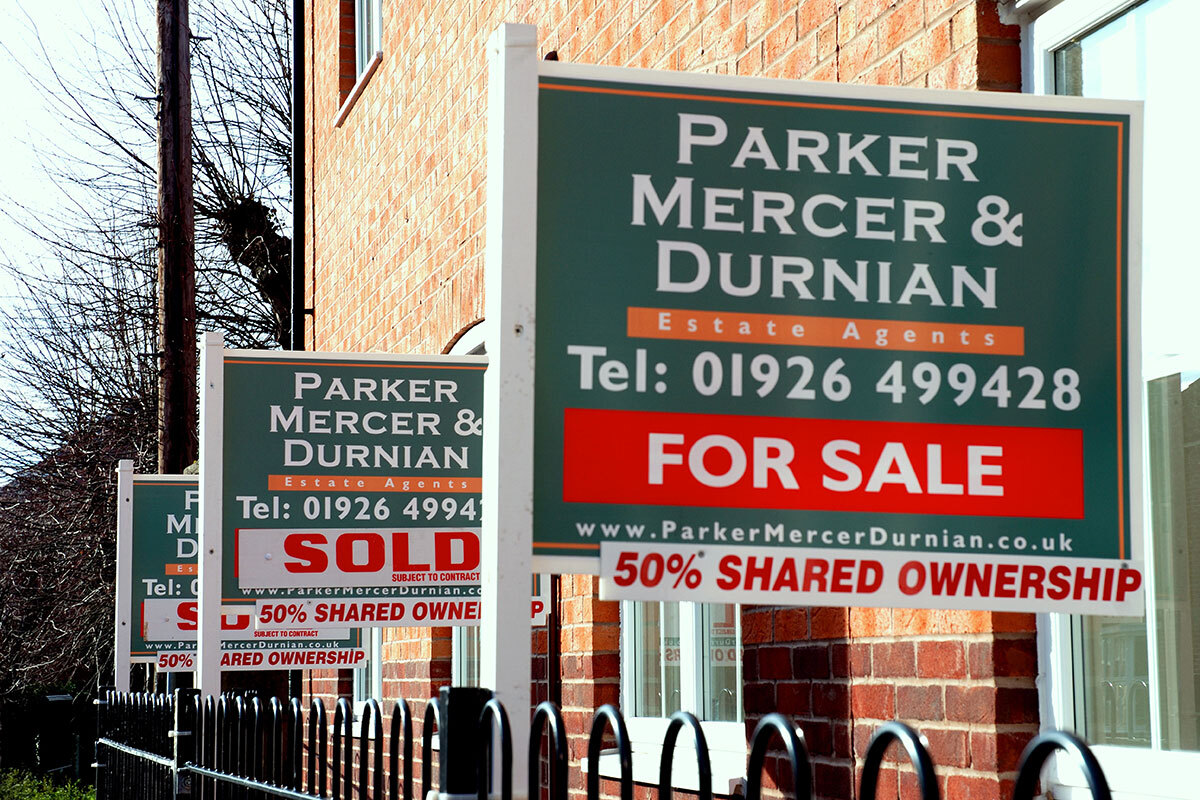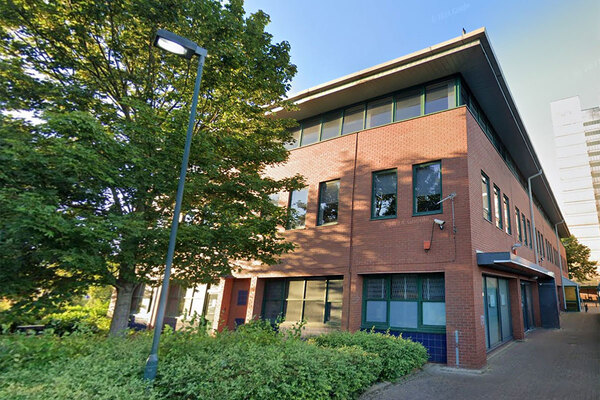You are viewing 1 of your 1 free articles
Ombudsman sets out key learning and guidance on ‘contentious’ service charges
A new report by the Housing Ombudsman has outlined what the watchdog expects from landlords in the administration of service charges.
The updated learning and guidance are being issued as part of the ombudsman’s latest Insight report.
The sector watchdog explained that the issue had become “a contentious talking point” during its monthly Meet the Ombudsman sessions. Service charges contain many grey areas that confuse and frustrate both residents and landlords, and this often results in relationships between resident and landlord breaking down.
This new 16-page report contains key information about the role of the ombudsman in these disputes, the role of the First-tier Tribunal and courts, as well as learning from the ombudsman’s casework.
The report mentions cases where a landlord has charged for services outside agreements and then been “heavy-handed in the complaints procedure when trying to regularise the payments”.
This includes forcing the resident to sign amendment deeds to alter existing contracts.
The ombudsman’s new intervention on this issue is significant, as it comes at a time when more than 40% of respondents to a survey claimed landlords charge them for services that do not apply to their home or estate.
The July research by the Social Housing Action Campaign also revealed that almost 90% of respondents experienced charges they believe are too high for the services provided.
Other cases identified by the ombudsman include a service failure by a landlord because the final account and actual costs were not consistent, and did not include information about the Section 20 notice and bill.
Section 20 of the Landlord and Tenant Act 1985 requires landlords to consult with residents where the cost of the works would be more than £250 for any contributing resident, and if the landlord intends to enter into a contract with a wholly independent organisation or contractor that will last more than 12 months.
This is in addition to if there are “qualifying works” under a “long-term agreement”.
Regarding the learning, the ombudsman said landlords should be clear about whether they are able to charge or not by consulting the tenancy agreement, not assuming its content.
Where mistakes are then made, they should provide redress and not seek to pressure the resident into accepting charges going forward.
The issue of rising service charges and a lack of transparency about how they are calculated has led to many residents going on strike over the past 12 months.
Around 30 leaseholders on an east London estate took part in a service-charge strike in July, after arguing that their landlord had “effectively doubled” the charges.
In October, another housing association had to apologise to tenants after sending them a letter that included service charges worth hundreds of pounds with no explanation.
The ombudsman has also refreshed its guidance, so that landlords can provide better services, and residents can use it to know what they can bring to the ombudsman and how it can help.
Richard Blakeway, the housing ombudsman, said: “The cost of living crisis and rising charges mean this is one of the most complex and contentious areas we look at, and where there can be a significant breakdown in relationships.
“Landlords must use this report as an opportunity to focus on what good complaint-handling looks like on charges to provide greater transparency and better communication customer service. It can then help improve signposting and expectation management around charges, as well as familiarising themselves with our jurisdictional guidance on this important subject.
“For residents, it is an opportunity to see where landlords have gone wrong on charges and which complaints can be brought to the ombudsman and what we are unable to deal with. We work closely with the First-tier Tribunal and have included case studies in this report from them to show their work in this area.”
The government admitted earlier this year that it did not know how much it was paying to social landlords in service charges as part of the benefits bill.
The Social Housing Action Campaign described this as “staggering”, after the Department for Work and Pensions confirmed it did not distinguish between core rent and service charges in relation to housing benefit claims made by social landlords.
Sign up for our asset management newsletter
Already have an account? Click here to manage your newsletters












